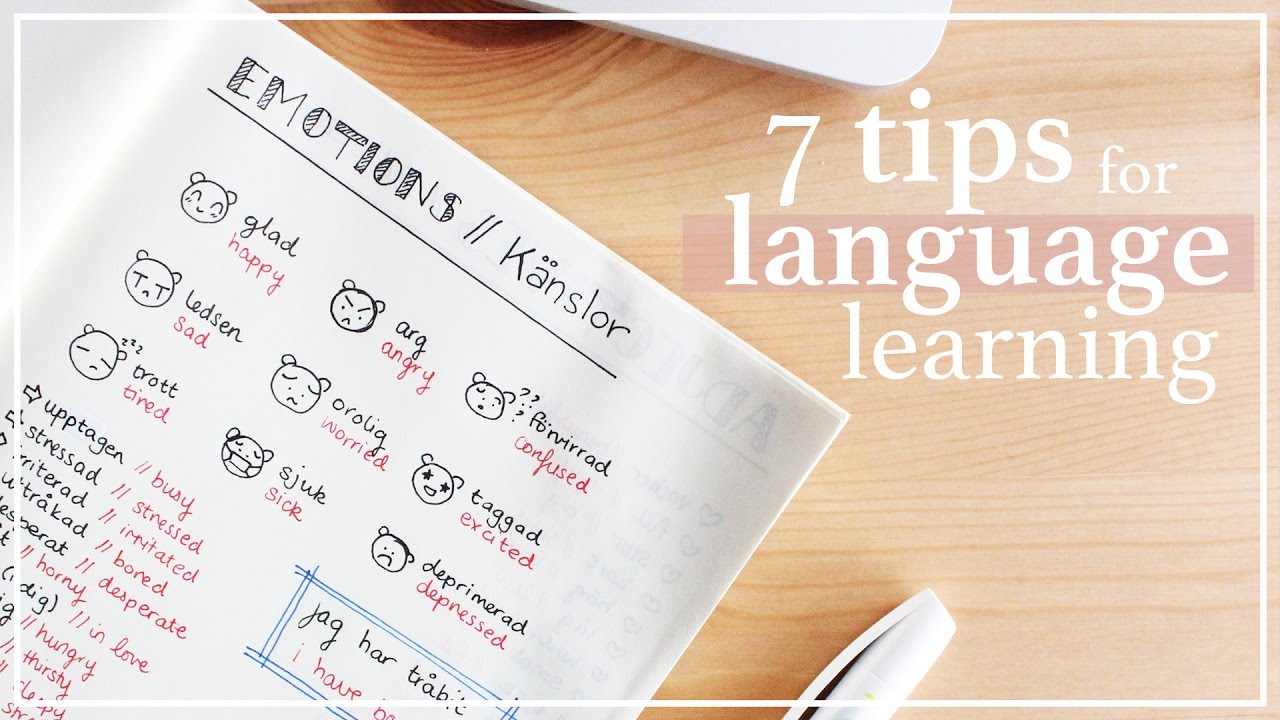Learning a foreign language may seem challenging, but with the right approach, it can be an enjoyable and rewarding experience. Whether you’re preparing for travel, expanding your career opportunities, or simply embracing a new culture, there are plenty of simple and effective ways to learn a new language. The key is consistency, exposure, and making the process fun.
Immerse Yourself in the Language
One of the best ways to learn a language is by surrounding yourself with it as much as possible. If you can, travel to a country where the language is spoken, but even if that’s not an option, there are many ways to create an immersive environment. Change the language settings on your phone, watch movies and TV shows in the target language, or listen to music and podcasts. The more you expose yourself to natural conversations, the easier it becomes to pick up words and phrases.
Use Language Learning Apps
Technology has made learning a language more accessible than ever. Apps like Duolingo, Babbel, and Rosetta Stone provide structured lessons that help build vocabulary and grammar skills. These apps are great for daily practice and are designed to keep you engaged with interactive exercises. While they won’t make you fluent overnight, they provide a solid foundation for developing basic communication skills.
Practice Speaking from Day One
Many language learners hesitate to speak for fear of making mistakes. However, the sooner you start speaking, the more confident you’ll become. Try to practice with native speakers or fellow learners. Language exchange platforms like Tandem or HelloTalk connect you with people around the world who want to practice languages together. Speaking regularly helps improve pronunciation and makes you more comfortable using the language in real-life situations.
Learn Common Phrases First
Instead of trying to memorize an entire dictionary, start with the most commonly used phrases. Learning how to introduce yourself, ask for directions, order food, and make small talk can be incredibly useful. This approach allows you to start using the language in practical situations right away, which helps reinforce your learning.
Use Flashcards and Mnemonics
Memorization is an important part of language learning, and flashcards can make it easier. Apps like Anki and Quizlet allow you to create digital flashcards with words and phrases, making practice convenient. Mnemonics, or memory tricks, also help you retain information. For example, if you’re learning Spanish, you might remember that “gato” means “cat” by imagining a cat sitting on top of a gate. The more creative you are, the easier it is to remember new words.
Read and Write in the Language
Reading books, articles, or even children’s stories in your target language helps reinforce grammar and vocabulary. Start with simple materials and work your way up to more complex texts. Writing is just as important—try keeping a journal in your target language, writing short messages, or even composing social media posts. Practicing both reading and writing improves comprehension and helps you remember new words.
Make Language Learning Part of Your Daily Routine
Consistency is key to mastering a new language. Set aside time each day to practice, even if it’s just for 10-15 minutes. Incorporate language learning into your daily routine—listen to a podcast while commuting, label household items with their foreign language names, or think in the language whenever possible. Small, consistent efforts add up over time and lead to noticeable progress.
Engage in Conversations with Native Speakers
Interacting with native speakers is one of the fastest ways to improve. If you don’t know anyone who speaks the language, consider taking online lessons with a tutor or joining language exchange meetups. Conversing with native speakers helps you understand slang, improve pronunciation, and become more comfortable with real-world conversations.
Be Patient and Have Fun
Language learning takes time, and progress isn’t always immediate. There will be moments of frustration, but staying motivated is essential. Find ways to make learning enjoyable—watch your favorite movies with subtitles, play word games, or follow social media accounts in your target language. The more fun you have, the more likely you are to stick with it.
Learning a foreign language doesn’t have to be difficult. By immersing yourself, using modern tools, practicing daily, and engaging with native speakers, you can make steady progress. Stay patient, enjoy the journey, and soon enough, you’ll be speaking with confidence.

